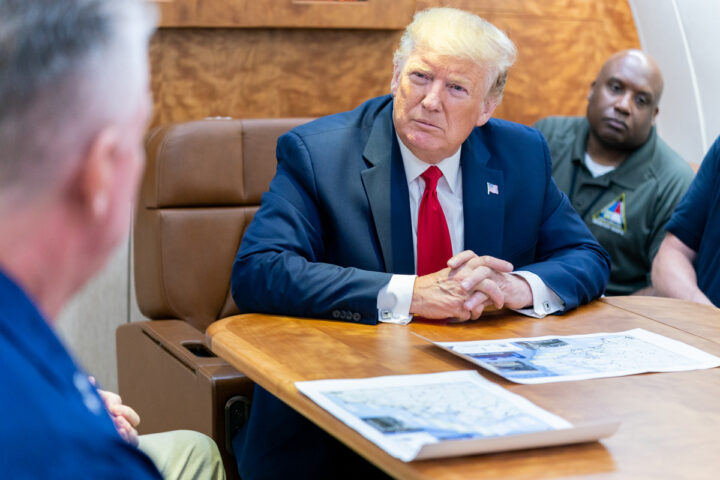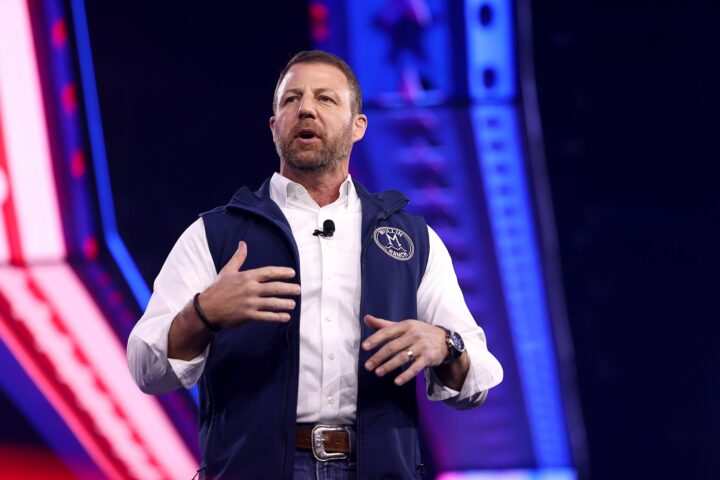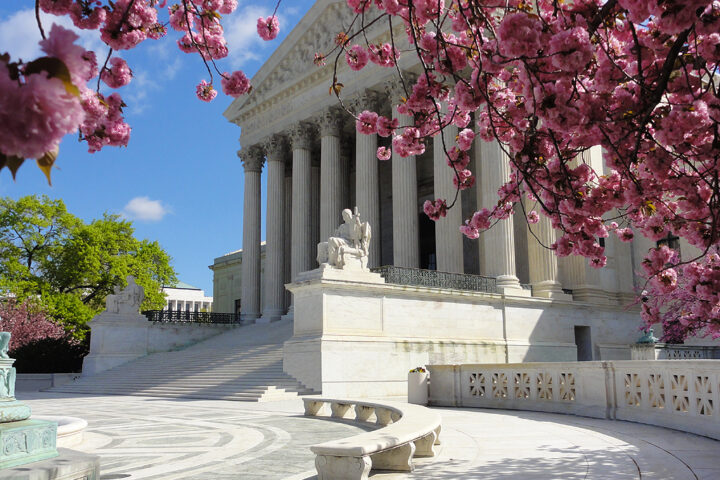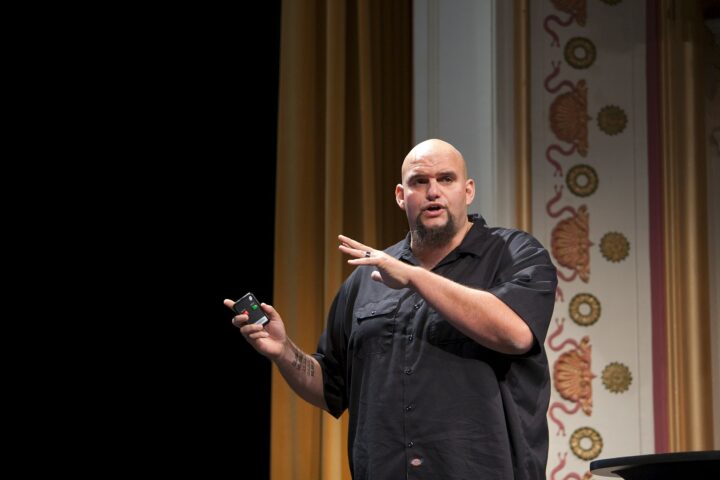In a fiery exchange that underscored the deepening divide over accountability in government intelligence operations, political heavyweights Bill O’Reilly and James Carville reportedly went head-to-head Wednesday night over allegations that former President Barack Obama and members of his administration orchestrated a “treasonous conspiracy” to derail Donald Trump’s 2016 presidential campaign.
The debate, hosted by NewsNation’s Chris Cuomo, quickly escalated when O’Reilly defended recent claims made by Director of National Intelligence Tulsi Gabbard.
Gabbard has alleged that the Obama administration weaponized the intelligence community to manufacture the narrative that Russia favored Trump — a move she has labeled a “treasonous conspiracy.”
Gabbard’s explosive assertion has received full-throated support from President Trump, who this week directly accused Obama of “treason” and called for a reckoning.
While Cuomo downplayed the story as a “headline searching for a story” and a distraction from recent revelations in the Epstein documents, O’Reilly argued there is legitimate concern backed by newly released findings.
“Former CIA Director John Brennan could be facing serious legal scrutiny,” O’Reilly said, citing a new report from the House that questions Brennan’s 2017 conclusion that Russia interfered in the election specifically to help Trump.
Carville, a longtime Democratic strategist and Clinton-era adviser, dismissed the claims with characteristic bluntness. “Let’s put an end to all this nonsense,” Carville said. “The Senate Intelligence Committee in 2016, headed by Marco Rubio — bipartisan, unanimously — said Russia tried to interfere on behalf of Trump. The Mueller Report said that. This is idiotic.”
O’Reilly pushed back, pointing out that the House Intelligence Committee’s later report drew markedly different conclusions. “The Senate report came two years earlier,” he explained. “The Senate said Putin meddled — sure. But the House found that the collusion narrative, the idea that Trump’s campaign coordinated with Russia, was overblown and not supported by the facts. That’s a different story.”
Cuomo interjected to clarify timelines, noting that “Mueller was 2017, the House report was 2018. Mueller concluded in 2019.” But the central question — whether key figures like Brennan and others deliberately exaggerated intelligence for political ends — remains unaddressed by many in the media.
Despite Gabbard’s repeated assertions that she is referring materials to the Department of Justice, Carville remained skeptical. “The earth is round, people! Putin tried to intervene on Trump’s behalf,” he said. “Period. End of story.”
For many conservatives, however, the story is far from over.
Gabbard’s claims, bolstered by mounting evidence and growing frustration over unanswered questions, represent what they see as a long-overdue reckoning for unelected bureaucrats and intelligence officials who may have overstepped their bounds.
As O’Reilly pointed out, “this isn’t about whether Russia meddled — it’s about whether the intelligence community became a political weapon.”
With Trump’s allies rallying behind Gabbard and congressional Republicans promising hearings, the debate is likely to intensify. For conservatives, this isn’t a distraction — it’s about accountability at the highest levels of government.
[READ MORE: Macron Sues Candace Owens Over Claims About His Wife]







